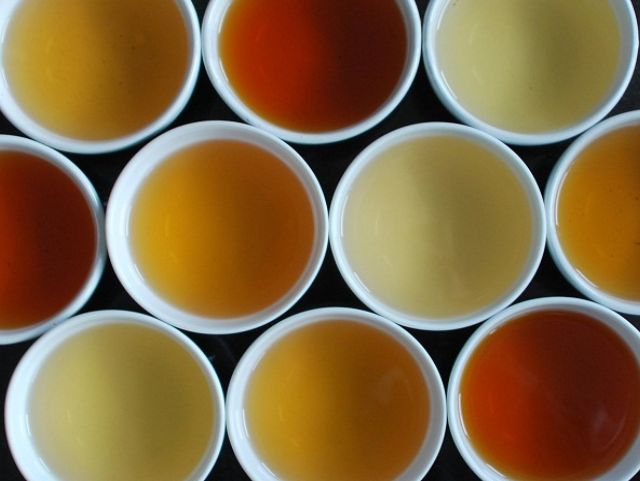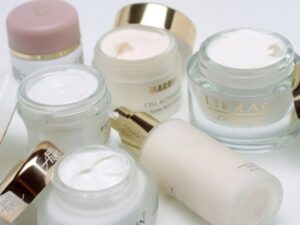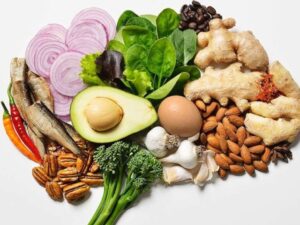If you’re cold, it will warm you. If you’re too heated, it will cool you. If you’re depressed, it will cheer you. If you’re excited it will calm you. Tea comes in a huge variety of exciting flavours, each with its own special health benefits. Read on to learn which kind of tea might be the best choice for you..
Black Tea is made from the fermented leaves of a shrub called Camellia Sinensis. It is slightly bitter and it has the highest caffeine content amongst all teas. It has been found to lower cholesterol and reduce the risk of stroke. It helps protect teeth against plaque formation. It is rich in polyphenols which protect the body against damage by toxins and tobacco. Black tea can lower the risk of developing diabetes and arthritis. The tannins in tea soothe the stomach. It contains alkylamine antigens which boost immunity. It lowers stress, and boosts energy levels without causing palpitations.
Green Tea also known as the “wonder herb”, is wildly popular across the world for its multiple health benefits. Green tea is made of steamed tea leaves and contains high levels of an antioxidant called ECGC (epigallocatechin gallate) . It has all the great qualities of black tea with several more bonus benefits. For instance, it can slow down the growth of breast, lung, stomach and colorectal cancers. It has some fat burning and metabolism boosting properties. It protects the brain against Alzheimer’s and Parksinson’s disease. It also helps protect the liver against the toxic effects of alcohol.
Matcha Tea is highly potent green tea as the leaves as stoneground, rather than brewed. It has 10 times the antioxidant concentration of regular green tea, therefore carries far greater health benefits. In addition, Matcha contains L-Theanine, which can reduce stress while increasing alertness. It can give you the extra boost of energy minus the jitters.
White Tea is also derived from Camellia Sinensis but it is uncured and unfermented. It is developed from young tea leaves and buds, versus green tea which is developed from the mature leaves. It has a mellower and sweeter taste, has very little caffeine, and a much higher concentration of antioxidants. It helps in burning fat and prevents formation of new fat cells. It has greater anti –bacterial properties, it protects our skin cells from cancer-inducing UV radiation, and it is good for the heart and blood vessels. It is also a great drink to recover from post-exercise or post-surgery exhaustion. Some studies indicate that white tea has blood sugar lowering properties as well.
Oolong Tea is similar to black tea but has a richer taste as it is fermented for a shorter period of time. It is mostly known for its fat-burning and cholesterol lowering properties.
Pu-erh tea is also a form of fermented black tea which is rolled and dried into cakes and left to mature with time. It originates from Yunnan province, China. Studies on rats have shown that it reduces body fat and blood cholesterol levels.
Lemon Tea – Lemon is high in Vitamin C, pectin and citric acid. When combined with the natural goodness of tea, it can confer strong anti-bacterial, antiviral and immune boosting benefits. It can boost your metabolism, aid the liver towards effective digestion and can help keep your weight in check. When taken first thing in the morning, it can hydrate you faster than water. And yet, it is a natural diuretic, so it helps in preventing bloating. It clears your skin and reduces inflammation. It also reduces blood uric acid levels, thereby conferring some protection against gout.
Ginger Tea is an excellent drink if you are suffering from morning sickness, motion sickness, migraines or menstrual cramps. It helps in faster recovery from cold and flu.
Chamomile Tea is famous for its soothing, calming and sleep-inducing properties. It is the ideal drink to have after a massage, or a heavy meal, or after a nerve-wracking day. This is a great drink for diabetics, as it can protect them from the disease related eye, nerve and kidney damage.
Cardamom Tea is a popular drink in Eastern cultures. Adding it to black tea will confer it with additional benefits like mouth freshening, better digestion and decongestion of the chest and sinuses.
Cinnamon Tea – Cinnamon is one of the most powerful antioxidants known to mankind. Adding cinnamon to black tea makes for a double dose of antioxidants. Ceylon Cinnamon bark is widely regarded as the best variety. Saigon Cinnamon from Indonesia is also popular. However, the latter cannot be ingested in larger quantities as it contains Coumarin, which is damaging to the liver. Cinnamon tea can soothe the digestive tract and relieve the symptoms of irritable bowel syndrome. It lowers blood sugar levels, it is a good mouth freshener and it is high in manganese content. It can soothe menstrual cramps and it can fight against yeast infection as well. Cinnamon, just like black tea, is effective in fighting Alzheimer’s disease. Another good reason to combine the two!
Hibiscus Tea is special for its role in lowering blood pressure and anxiety. Hibiscus tea is ruby red in colour and has a sour flavour that is similar to cranberries. It is caffeine free and is prepared by boiling Hibiscus flowers. It can protect the liver and fights against tumour formation. Hibiscus tea can reduce anxiety and alleviate mood as well.
Lavender Tea is mostly popular for its unique aroma. But it can soothe cough and respiratory distress.
Flavoured Tea generally refers to black tea with added aromatics like orange peel, lemongrass or blueberries. They generally contain higher content of sugar and do not offer any added health benefits.
Spearmint Tea is an excellent drink for women suffering from polycystic ovaries and acne. It has hormone balancing and blood sugar lowering properties. It helps in decongesting stuffed nose and sinuses. It helps in relieving headache and nausea.
Echinacea Tea is also popular for its decongestant properties. It is a great drink for those suffering from cold, sore throat, ear infection or bronchitis.
Rooibos Tea, also known as red tea, is known to cure headaches, insomnia and skin/respiratory allergies. It originates from South Africa, and is an herb, rather than a true tea. It is low on tannins and is caffeine-free. It is rich in minerals like zinc, iron, copper and magnesium. It contains alphahydroxy acids, which have made red tea powder a popular ingredient in several cosmetic creams meant to fight acne, pigmentation and ageing skin. Red tea consumption is good for bone and cardiovascular health. It can even soothe colic pain in infants!
The Downside –
As a general rule, do not add milk to your tea as it weakens the antioxidant effect of tea.
However, drinking tea without milk can stain your teeth, so you will have to brush regularly and get your teeth whitened once or twice a year.
The cancer fighting properties of tea need further investigation and research, as current evidence is mostly based on animal studies.
Some people may be allergic to Chamomile, Lavender, Echinacea or Hibiscus.
Pregnant women must avoid Cinnamon, Roobois and Hibiscus tea.
Women with low blood pressure must avoid Hibiscus Tea.
The US FDA has issued warnings against dieter’s tea that contains senna, buckthorn, willowbark and other powerful laxatives.
Pu-erh tea and Roobois tea are high in fluoride, and are best avoided in regions which have high levels of fluoride in their drinking water sources.
Roobois tea has estrogenic activity, and must be avoided by women who have or had suffered from breast cancers.




